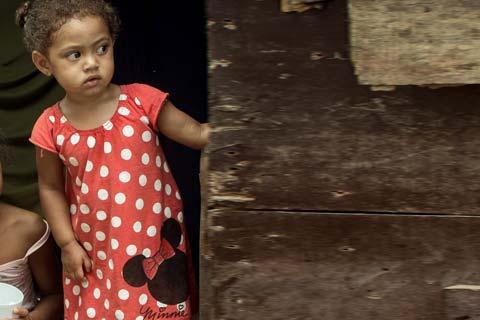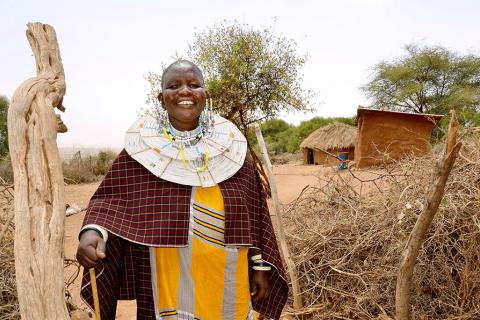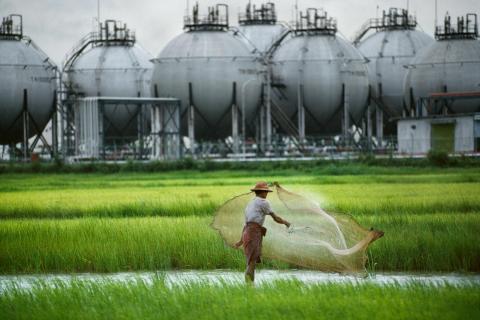A New Take on Landlessness : Modernizing Land Management in Kuwait
The First Arab Land Conference took place in Dubai early last week, from the 26-28 February. The first of its kind, it gathered land experts from across the region and beyond, in what was a fruitful and long overdue event in the region. For those of us just returning from the three-day event, we know that there was no lack of key and empowering messages, as well as carefully thought-out and innovative ideas for the way forward. If we take a moment, however, to get down to the fundamentals and to find one take-away, it would most likely be the following: each and every one of us has a rig












